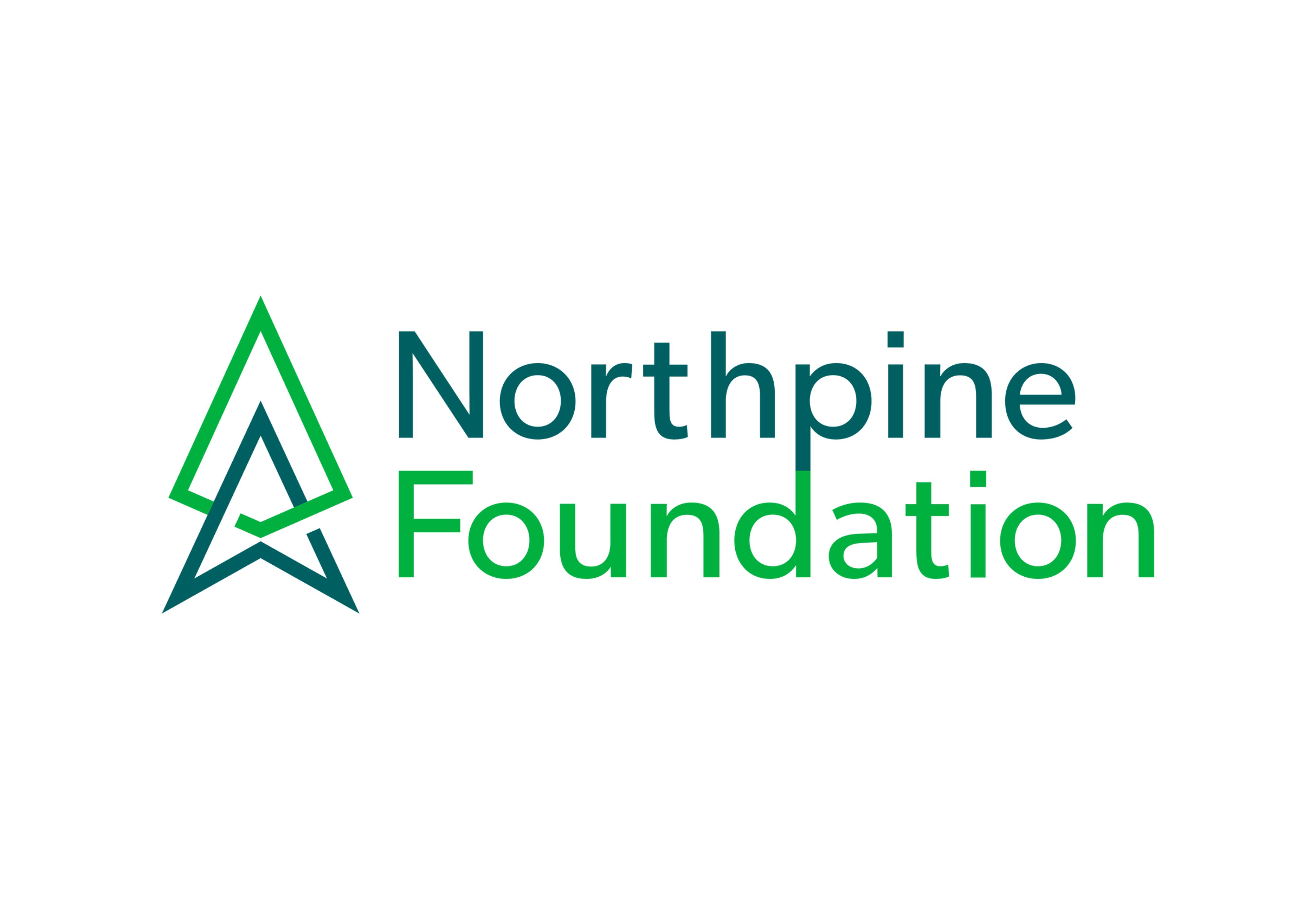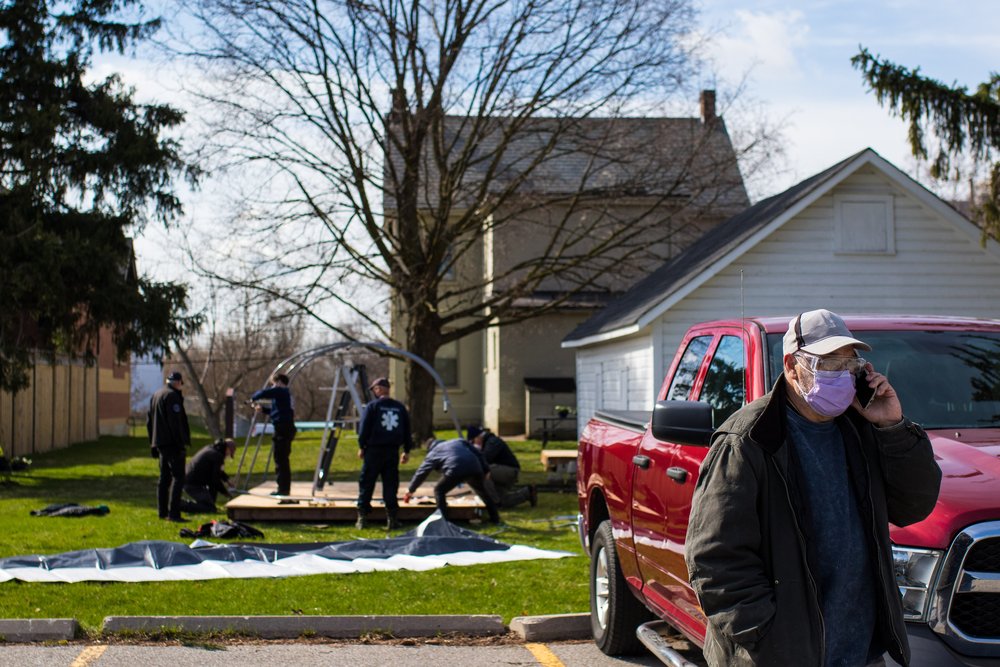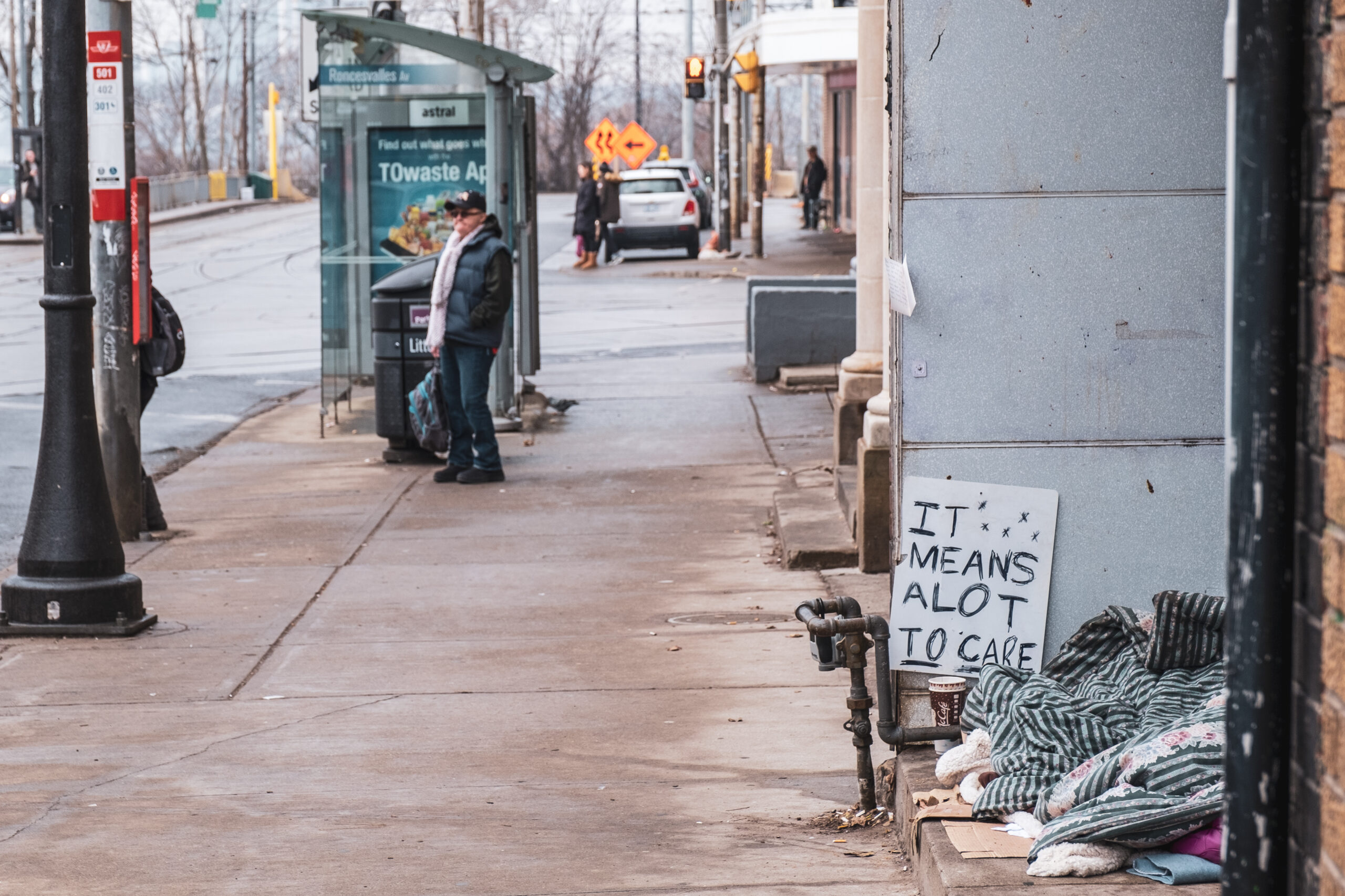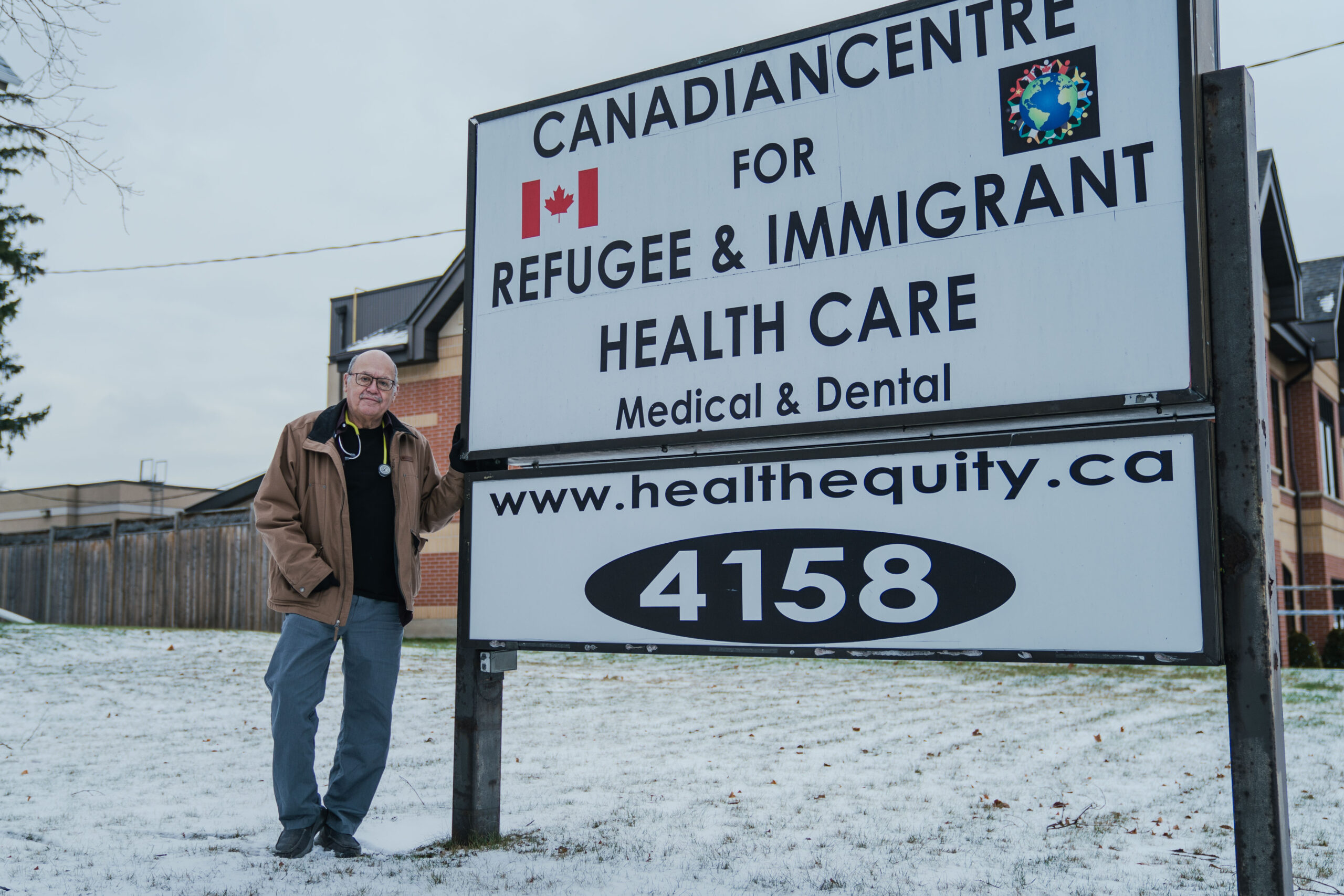Ontario Health Insurance Plan (OHIP) funded healthcare services are available to the majority of people living in Ontario. However there are several resident populations that do not have access to publicly funded provincial healthcare, including people who have lost their identification, people in the three month OHIP wait period, temporary visa holders (e.g., students, visitors), some refugees and undocumented residents. The majority of uninsured residents are immigrants and within this group the most vulnerable are undocumented immigrants. Undocumented residents are not authorised to be in Canada. The vast majority of undocumented residents arrived in Canada through authorised channels, but their immigration status has changed over time.
This report describes groups that do not have access to OHIP funded healthcare and identifies their priority health needs, including obstetrical, newborn care and mental health. Children have unique and essential health needs that impact on their health in the short and long-term. Healthcare practitioners and agencies have developed a limited system to serve the uninsured population. At present, the demand for this care exceeds the capacity of the services available and few healthcare agencies receive dedicated funding to treat uninsured residents. The current healthcare system does not provide adequate access to essential healthcare services for uninsured residents.




